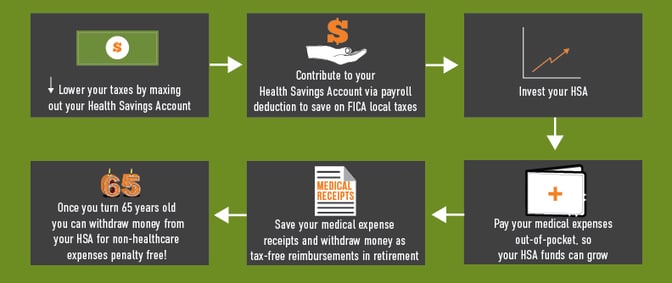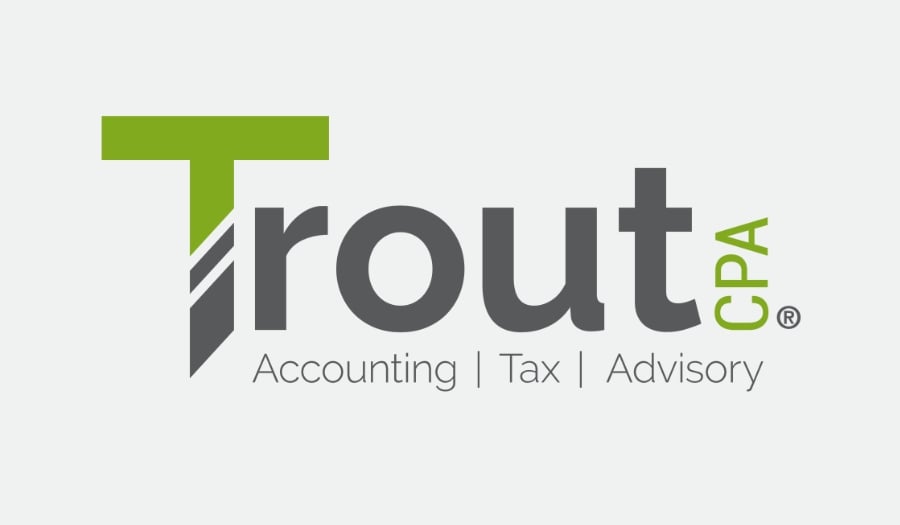Written By: Dan Chodan, CPA
Health Savings Accounts (HSAs) are more tax advantageous than traditional retirement accounts because of the triple tax benefit of tax-free contributions, earnings, and withdrawals for qualified medical expenses. Once you reach the age of 65, you can take money out of your HSA for non-healthcare expenses penalty free.
You may also use a tactic of paying your medical expenses out-of-pocket while keeping medical receipts for future reimbursement. This tactic allows the money in your HSA to continue to grow tax-free magnifying the triple tax benefit.
Additionally, HSA withdraws in retirement which exceed reimbursable expenses are taxed the same as traditional retirement accounts, but are never subject to the same required minimum distribution rules. This puts the tax payer in control over how the funds are disbursed and when any taxes are paid.

HSAs separate themselves further by their lesser-known ability to save on smaller taxes. For example, a Pennsylvania employee can defer dollars into a traditional retirement account to save federal tax, but the contribution is still fully subject to state, local and payroll taxes. If the same worker were to make payroll contributions to a HSA, the contribution would be free of all taxes. These smaller taxes total roughly a 12% savings on each dollar sent to a HSA compared to a traditional retirement account or about $800 annually on a maximum HSA contribution compared to a traditional retirement account. Assuming these tax savings are also invested at an 8% return, the employee would generate an additional $220,000 of funds over a 40-year career simply by maximizing a HSA account before traditional retirement accounts.
With the increasing availability of workplace HSA plans and numerous recent proposals to increase account contribution  limits, the ability to benefit from HSAs is likely to be amplified over time. While HSAs are most tax advantageous, they should be just one of many tools in your financial plan.
limits, the ability to benefit from HSAs is likely to be amplified over time. While HSAs are most tax advantageous, they should be just one of many tools in your financial plan.
For more information about HSAs and retirement plans, contact Dan Chodan, CPA at dchodan@troutcpa.com.
Download our HSA or Traditional Retirement Account Example -PA!




